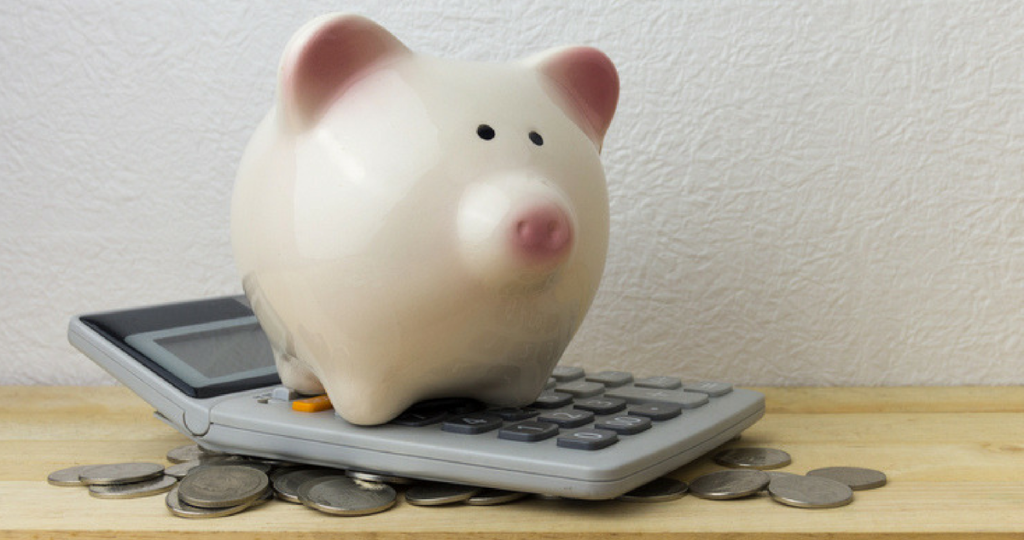

For many people, buying a house is the biggest purchase they will ever make. It's essential to be prepared for this expense by creating a budget and sticking to it. In this blog post, we will give you 10 budgeting tips and advice on how to follow your plan and start saving money today. We'll also provide some resources that can help you as a first-time homebuyer to get started.
The first step in budgeting for a home is to decide what kind of home you want. You'll need to consider the size, location, and type of home you're interested in. Once you know what you want, you can start researching the cost of homes in that area. Once you've figured out the average price of your dream home, you can begin to budget for it.
Once you've determined what kind of home you want to buy, the next step to budgeting is understanding your monthly cash flow. This includes all of the money coming in, as well as all of the money going out. You can use this budget calculator template to help you get started. Figure out your income and expenses. This can be done by looking at your pay stubs and bills. Once you know your monthly cash flow, you can allocate your funds to various areas.
Once you understand your monthly cash flow, you can create a spending plan. This budget should include all of your necessary expenses and some room for discretionary spending. When creating a budget, it's important to be realistic. If you try to cut too many costs, you may struggle to stick to your budget.
After you've created a spending plan, you may find that you are still spending more money than you'd like. If this is the case, it's time to start prioritizing your expenses. Determine what expenses are necessary and which can be cut back on. For example, if you're eating out a lot, you may want to cook more meals at home. Or, if you're spending a lot on clothes, you may want to shop at thrift stores or consignment shops.
One of the best ways to stick to your budget is to automate your savings. This means setting up a savings account and transferring money into it automatically each month. This way, you'll never have to think about saving money; it will happen automatically.
There are a few different ways you can automate your savings. You can set up a direct deposit from your paycheck into your savings account, or you can set up a recurring transfer from your checking account to your savings account. Whichever method you choose, make sure it's something you can stick to. Talk to your financial advisor at your bank for more expert advice.
Your budget is not set in stone; it will change over time as your income and expenses change. That's why you must review your budget regularly and adjust as needed. You should check your budget at least once a month, but you may need to do it more often if you're experiencing a major change in your income or expenses.
If you're planning on buying a house, you'll need to save for a down payment. The average down payment is 20% of the purchase price, but you may be able to put down less if you're a first-time homebuyer or using certain programs. Check out the First-Time Home Buyer Incentive. Saving for a down payment can take time, so starting as soon as possible is essential. Again, one way to speed up the process is to open a separate savings account and automate your savings. This way, you'll be able to watch your down payment grow over time.
If you're serious about buying a house, consider getting pre-approved for a mortgage. This process will give you a better idea of how much you can afford and help you budget for your home purchase.
Getting pre-approved is relatively easy; you can usually do it online in just a few minutes. You'll need to provide basic information, such as your income and employment history. Once you're pre-approved, you'll have an even better idea of what kind of house you can afford and can start looking for homes in your price range.
In addition to your down payment, you'll also need to budget for extra fees, such as closing costs, home inspection costs, and moving expenses. These fees can add up quickly, so it's important to factor them into your budget.
When budgeting for a house, it's important to keep your emergency fund intact. An emergency fund is a savings account that you can use for unexpected expenses, such as medical bills or car repairs. Ideally, your emergency fund should have at least $1000. This way, you'll have money set aside for unexpected expenses and won't have to put them on a credit card.
Budgeting for a house can be daunting, but it doesn't have to be. By following these tips, you can make a budget that will help you save for your dream home. Just remember to start early, automate your savings, and regularly review your budget. With a little bit of planning, you can be in your new home in no time.
Don't hesitate to contact us if you have any questions.